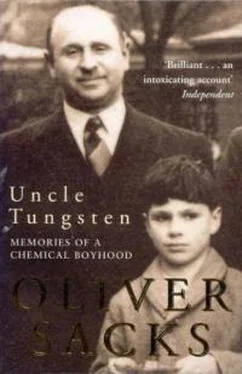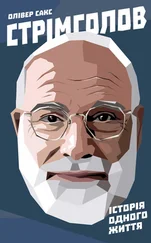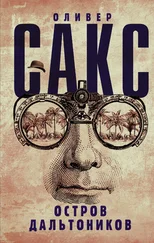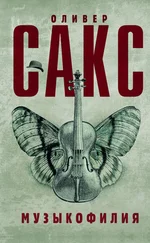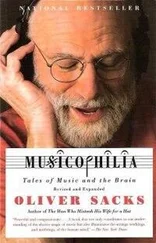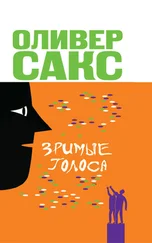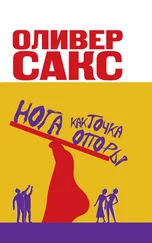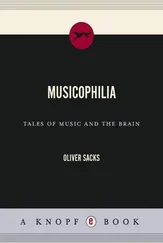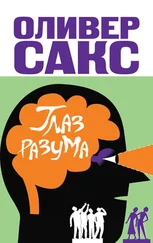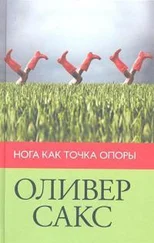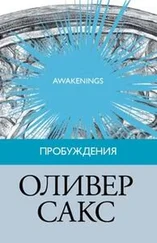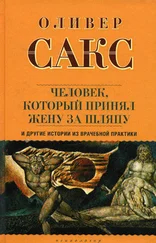* * *
During the four years I was at Braefield, my parents visited us at the school, but very rarely, and I have almost no memory of these visits. When, in December 1940, after nearly a year away from home, Michael and I returned to London for the Christmas holidays, I had a complex mixture of feelings: relief, anger, pleasure, apprehension. The house felt strange and different, too: our housekeeper and cook had gone, and there were strangers there, a Flemish couple who had been among the last to make their escape from Dunkirk – my parents had offered to take them in, now that the house was nearly empty, until they found a place. Only Greta, our dachshund, seemed the same, and she greeted me with yelps of welcome, rolling on her back, wriggling with joy.
There were physical changes too: the windows were all hung with heavy blackout curtains; the inner front door, with the colored glass I had loved to look through, had been blown out by a bomb blast a couple of weeks earlier; the garden, now planted with Jerusalem artichokes for the war effort, was changed almost beyond recognition; and the old gardening shed had been replaced by an Anderson shelter, an ugly, blocky building with a thick reinforced-concrete roof.
Although the Battle of Britain was over, the Blitz was still at its height. There were air raids almost every night, and the night sky would be lit up with ack-ack fire and searchlights. I remember seeing German airplanes transfixed in the roving searchlight beams as they flew in the now-darkened skies over London. It was frightening, and also thrilling for a seven-year-old – but most of all, I think, I felt glad to be away from school and at home, protected, once again.
One night, a thousand-pound bomb fell into the garden next to ours, but fortunately it failed to explode. All of us, the entire street, it seemed, crept away that night (my family to a cousin’s flat) – many of us in our pajamas – walking as softly as we could (might vibration set the thing off?). The streets were pitch dark, for the blackout was in force, and we all carried electric torches dimmed with red crepe paper. We had no idea if our houses would still be standing in the morning.
On another occasion, an incendiary bomb, a thermite bomb, fell behind our house and burned with a terrible, white-hot heat. My father had a stirrup pump, and my brothers carried pails of water to him, but water seemed useless against this infernal fire – indeed, made it burn even more furiously. There was a vicious hissing and sputtering when the water hit the white-hot metal, and meanwhile the bomb was melting its own casing and throwing blobs and jets of molten metal in all directions. The lawn was as scarred and charred as a volcanic landscape the next morning, but littered, to my delight, with beautiful gleaming shrapnel that I could show off at school after the holidays.
* * *
A curious, and shameful, episode stays in my mind from that brief period at home during the Blitz. I was very fond of Greta, our dog (I wept bitterly when she was later killed by a speeding motorbike, in 1945), but one of my first acts, that winter, was to imprison her in the freezing coalbin in the yard outside, where her pitiful whimperings and barkings could not be heard. She was missed after a while, and I was asked, we were all asked, when we had last seen her, whether we had any idea where she was. I thought of her – hungry, cold, imprisoned, perhaps dying in the coalbin outside – but said nothing. It was only toward evening that I admitted what I had done, and Greta was fetched, almost frozen, from the bin. My father was furious and gave me ‘a good hiding’ and stood me in a corner for the rest of the day. There was no enquiry, however, as to why I had been so uncharacteristically naughty, why I had behaved so cruelly to a dog I had loved; nor, had I been asked, could I have told them. But it was surely a message, a symbolic act of some kind, trying to draw my parents’ attention to my coalbin, Braefield, my misery and helplessness there. Even though bombs were dropping daily in London, I dreaded returning to Braefield more than I could say, and longed to stay at home with the family, to be with them, not separated, even if we all got bombed.
* * *
I had had some religious feeling, of a childish sort, in the years before the war. When my mother lit the shabbas candles, I would feel, almost physically, the Sabbath coming in, being welcomed, descending like a soft mantle over the earth. I imagined, too, that this occurred all over the universe, the Sabbath descending on far-off star systems and galaxies, enfolding them all in the peace of God.
Prayer had been a part of life. First the Sh’mah, ‘Hear, O Israel…’, then the bedtime prayer I would say every night. My mother would wait until I had cleaned my teeth and put on my pajamas, and then she would come upstairs and sit on my bed while I recited in Hebrew, ‘ Baruch atoh adonai … Blessed art thou, O Lord our God, King of the Universe, who makest the bands of sleep to fall upon mine eyes, and slumber upon mine eyelids…’ It was beautiful in English, more beautiful still in Hebrew. (Hebrew, I was told, was God’s actual language, though, of course, He understood every language, and even one’s feelings, when one could not put them into words.) ‘May it be thy will, O Lord our God and God of my fathers, to suffer me to lie down in peace, and to let me rise up again…’ But by this point the bands of sleep (whatever they were) would be pressing heavily upon my eyes, and I rarely got any further. My mother would bend over and kiss me, and I would instantly fall asleep.
Back at Braefield there was no kiss, and I gave up my bedtime prayer, for it was inseparably associated with my mother’s kiss, and now it was an intolerable reminder of her absence. The very phrases that had so warmed and comforted me, conveying God’s concern and power, were now so much verbiage, if not gross deceit.
For when I was suddenly abandoned by my parents (as I saw it), my trust in them, my love for them, was rudely shaken, and with this my belief in God, too. What evidence was there, I kept asking myself, for God’s existence? At Braefield, I determined on an experiment to resolve the matter decisively: I planted two rows of radishes side by side in the vegetable garden, and asked God to bless one or curse one, whichever He wished, so that I might see a clear difference between them. The two rows of radishes came up identical, and this was proof for me that no God existed. But I longed now even more for something to believe in.
As the beatings, the starvings, the tormentings continued, those of us who remained at school were driven to more and more extreme psychological measures – dehumanizing, derealizing, our chief tormentor. Sometimes, while being beaten, I would see him reduced to a gesticulating skeleton (at home I had seen radiographs, bones in a tenuous envelope of flesh). At other times, I would see him as not a being at all, but a temporary vertical collection of atoms. I would say to myself, ‘He’s only atoms’ – and, more and more, I craved a world that was ‘only atoms.’ The violence exuded by the headmaster at times seemed to contaminate the whole of living nature, so that I saw violence as the very principle of life.
What could I do, in these circumstances, other than seek a private place, a refuge where I might be alone, absorb myself without interference from others, and find some sense of stability and warmth? My situation was perhaps similar to that which Freeman Dyson describes in his autobiographical essay ‘To Teach or Not to Teach.’
I belonged to a small minority of boys who were lacking in physical strength and athletic prowess… and squeezed between the twin oppressions of [a vicious headmaster and bullying boys]… We found our refuge in a territory that was equally inaccessible to our Latin-obsessed headmaster and our football-obsessed schoolmates. We found our refuge in science… We learned… that science is a territory of freedom and friendship in the midst of tyranny and hatred.
Читать дальше
